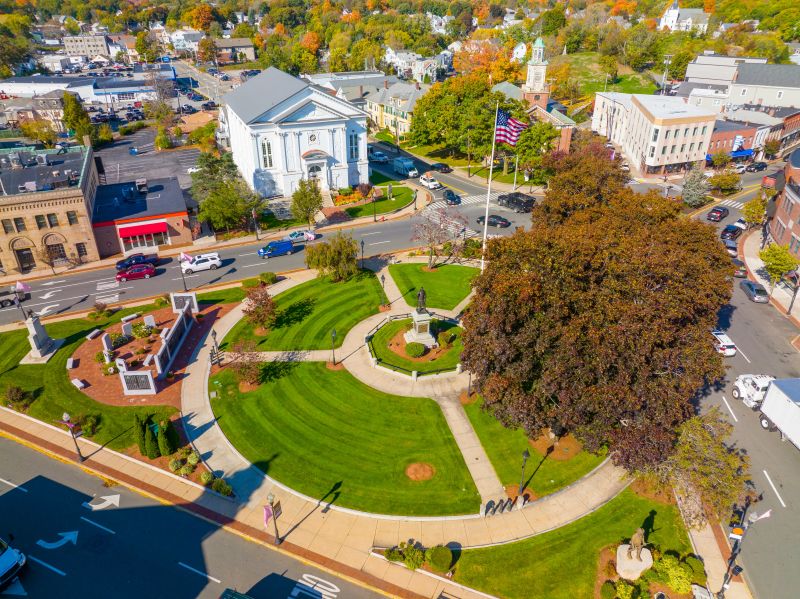
- Highly Educated Population
- Strength in Finance and Professional Services
- Strategic Location and Infrastructure
- Dominance in Healthcare and Biotechnology
- Historical Significance and Cultural Capital
- Government Investments and Support
- Real Estate Market Growth and Stability
- Strong Innovation Economy
- Wealth Concentration and Millionaire Growth
- Quality of Life and Urban Amenities
- Educational Institutions as Economic Anchors
- Conclusion
Boston consistently ranks among America's most affluent cities, a status that reflects decades of strategic planning and sustained economic development. This affluence stems from multiple interconnected factors, including a highly educated population, robust economic sectors, strong real estate markets, concentrated wealth, historical significance, and targeted government investments. The city's prominence as a global hub for education, research, and innovation attracts skilled professionals and businesses alike, fostering economic resilience.
Moreover, Boston’s advantageous geographic location on the Eastern Seaboard has historically facilitated trade, commerce, and immigration, adding to its diverse and vibrant economy. As home to prestigious universities, world-renowned hospitals, and powerful financial institutions, Boston continues to draw talent and investment from around the globe. Each factor reinforces the other, creating a sustainable foundation for wealth generation that positions Boston not merely as a wealthy city but as a stable and influential economic powerhouse recognized internationally.

Highly Educated Population
Boston is recognized worldwide for its concentration of top-tier educational institutions, including Harvard University, Massachusetts Institute of Technology (MIT), Boston College, Boston University, Northeastern University, Tufts University, and several others. These institutions attract students and faculty from across the globe, creating a consistent pipeline of skilled graduates entering the workforce. According to the United States Census Bureau data , 54.1% of Boston residents hold a bachelor's degree or higher, significantly above the national average of around 37.7%.
This high level of educational attainment directly supports industries that rely on specialized knowledge and technical skills, including healthcare, finance, biotechnology, and software development. Employers in these sectors are drawn to Boston for its talent pool, leading to a concentration of high-paying jobs and ongoing economic growth. The presence of research institutions and teaching hospitals also reinforces the city’s intellectual and professional ecosystem. This educated workforce increases innovation, productivity, and economic output, all of which contribute to the city’s sustained affluence and its status as a national economic leader.

Strength in Finance and Professional Services
Boston maintains a strong and diversified financial services sector anchored by major institutions such as Fidelity Investments, State Street Corporation, and Putnam Investments. These firms manage trillions in global assets and provide thousands of high-paying jobs in investment management, banking, and financial advisory services. The city’s financial sector attracts top-tier talent from across the country and abroad, reinforcing Boston’s reputation as a financial hub.
In addition to finance, Boston has a well-established professional services industry that includes legal, accounting, consulting, and technology firms. Leading law firms, management consultants, and tech companies provide essential business services that support both local enterprises and multinational corporations. This ecosystem of specialized services creates economic interdependence across industries, reducing vulnerability to downturns in any single sector.
The synergy between finance and professional services enhances productivity, drives innovation, and sustains job creation. These sectors generate significant tax revenue and support high levels of consumer spending, reinforcing Boston’s economic resilience and contributing directly to its status as one of the most affluent cities in the United States.
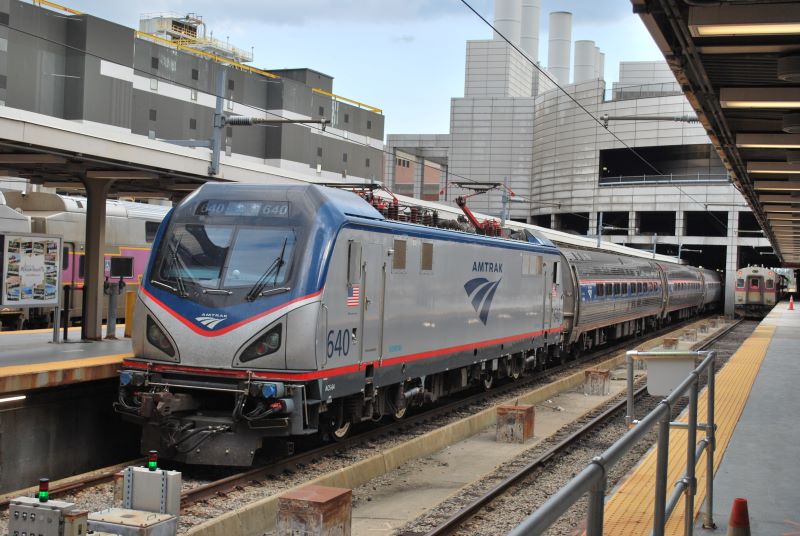
Strategic Location and Infrastructure
Boston’s strategic location along the Northeast Corridor—one of the most economically active regions in the United States—provides direct access to major metropolitan areas including New York City, Philadelphia, and Washington, D.C. This geographic advantage supports commerce, logistics, and business expansion, making Boston a key player in both regional and national economies.
Logan International Airport, one of the busiest airports in the country, connects Boston to major global financial centers, enabling efficient international business travel and facilitating global trade. The airport handled over 36 million passengers in 2023, reinforcing Boston’s role in international business operations.
Boston’s infrastructure also includes a comprehensive public transit system operated by the Massachusetts Bay Transportation Authority (MBTA). The MBTA’s subway, commuter rail, and bus services connect neighborhoods and suburbs, reducing traffic congestion and improving commuter efficiency.
Reliable transportation infrastructure enhances labor mobility, reduces travel time, and increases productivity across industries. These systems also support the tourism sector and make Boston more attractive to businesses considering relocation or expansion. Combined, these factors play a critical role in supporting Boston’s long-term affluence and economic competitiveness.
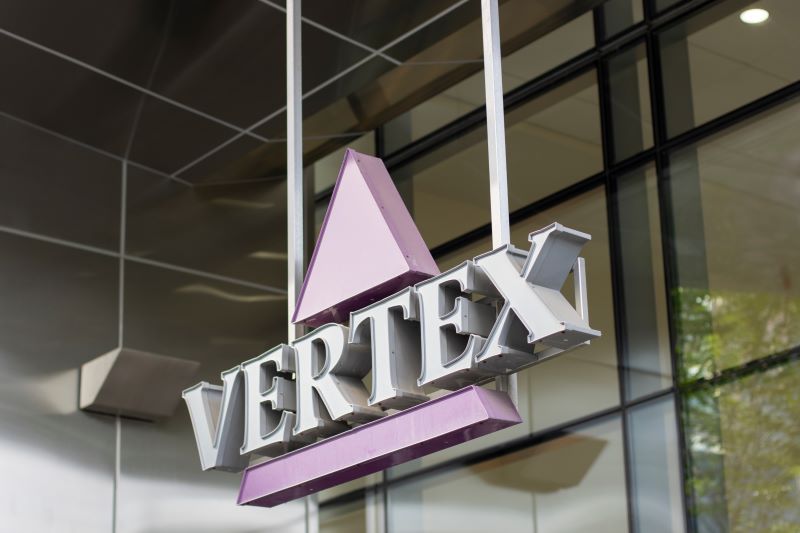
Dominance in Healthcare and Biotechnology
Boston is a globally recognized center for healthcare and biotechnology, with a concentration of institutions and companies that drive both innovation and economic output. Hospitals such as Massachusetts General Hospital, Brigham and Women’s Hospital, Dana-Farber Cancer Institute, and Boston Children’s Hospital consistently rank among the best in the nation. These institutions serve as clinical care leaders and major research hubs, attracting billions in federal and private research funding annually.
The city is also home to some of the most influential biotech firms in the world, including Biogen, Vertex Pharmaceuticals, Moderna, and Takeda’s U.S. headquarters. These companies are involved in the development of groundbreaking therapies and contribute to a steady flow of high-paying jobs in the life sciences sector.
According to the Boston's People and Economy Report, published by the Boston Planning & Development Agency, approximately 17.5% of Boston's workforce is employed in healthcare and social assistance sectors, making it a major economic contributor. These jobs support economic stability, generate significant tax revenue, and further reinforce Boston’s status as one of the most affluent cities in the United States.
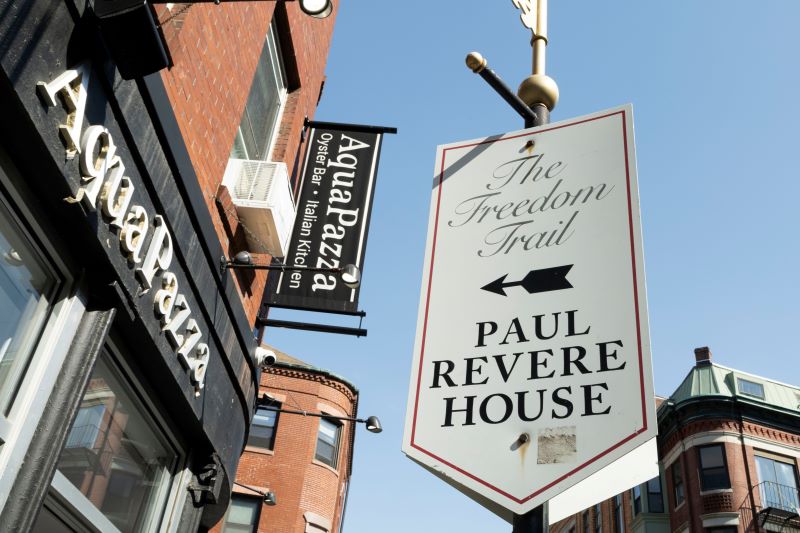
Historical Significance and Cultural Capital
Boston’s deep historical roots make it a major destination for both domestic and international tourism. As the birthplace of the American Revolution, the city features numerous historically significant sites such as the Freedom Trail, Paul Revere’s House, Faneuil Hall, and the Boston Tea Party Ships and Museum. These attractions draw millions of visitors annually, generating substantial revenue and supporting thousands of jobs across the tourism and hospitality sectors.
Fenway Park, one of the oldest Major League Baseball stadiums in the country, continues to attract sports fans year-round. The Museum of Fine Arts, Boston Symphony Orchestra, and Isabella Stewart Gardner Museum contribute to a thriving arts and culture scene. Tourism supports jobs in the Greater Boston area and generates money that makes an economic impact.
This cultural and historical richness enhances Boston’s reputation not just as a tourist destination, but also as a desirable city for relocation, business investment, and international engagement—further reinforcing its economic strength and affluence.
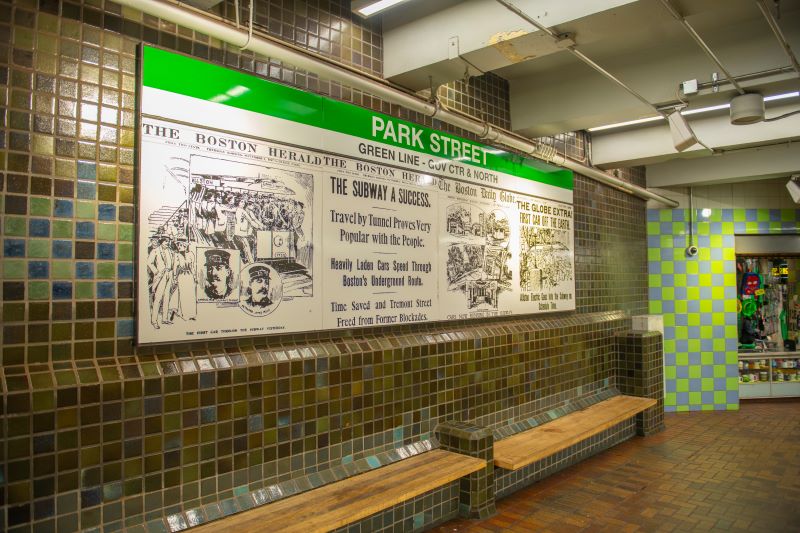
Government Investments and Support
State and local governments play a direct role in Boston’s sustained economic growth through targeted investments in infrastructure, education, and business development. Significant funding has been allocated to improve transportation networks, including expansions of the MBTA system and ongoing modernization of commuter rail lines, which enhance regional connectivity and labor mobility.
Additionally, state-backed innovation hubs such as the Massachusetts Life Sciences Center and MassChallenge offer grants, tax incentives, and mentorship to support startups and emerging technology firms. These programs promote entrepreneurship, drive job creation, and attract venture capital investment.
Government support through policy, funding, and infrastructure development reinforces Boston’s role as a thriving, diversified economy and strengthens its long-term position as one of the most affluent cities in the country.
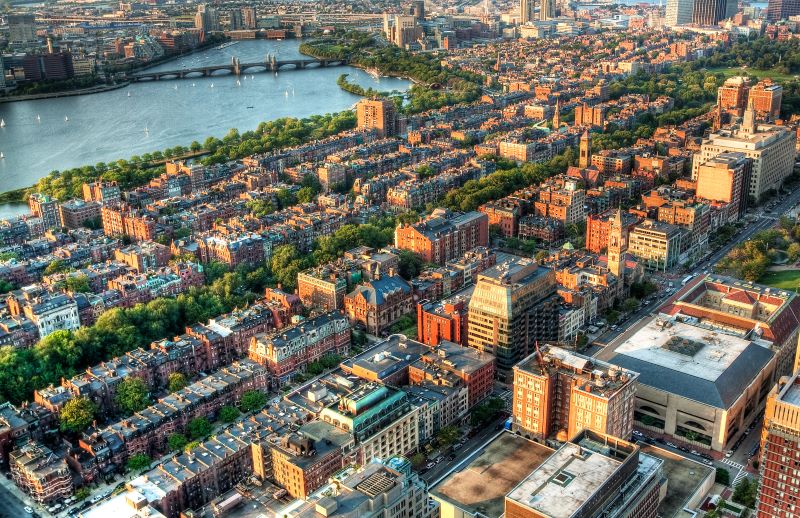
Real Estate Market Growth and Stability
Boston’s real estate market is a critical driver of the city’s overall economic strength and affluence. Strong demand, limited developable land, and strict zoning regulations have led to consistent increases in property values across residential and commercial sectors. According to the City of Boston, assessed property values rose by $14.4 billion (7.3%) in FY23 and an additional $8.6 billion (4.1%) in FY24, bringing the total valuation to $220.9 billion. This sustained appreciation reflects investor confidence and long-term market stability.
Property taxes generated from this high-value Boston real estate serve as the city’s most reliable revenue stream. In FY25, the budgeted net property tax levy stands at $3.30 billion, accounting for 71.1% of all city revenue. This income funds essential public services, including schools, public safety, infrastructure maintenance, and affordable housing initiatives.
High real estate prices are also an indicator of resident wealth, particularly in neighborhoods with luxury housing and high rental demand. The combination of increasing property values and dependable tax revenue strengthens Boston’s fiscal position and supports the infrastructure needed to sustain economic growth and long-term affluence.
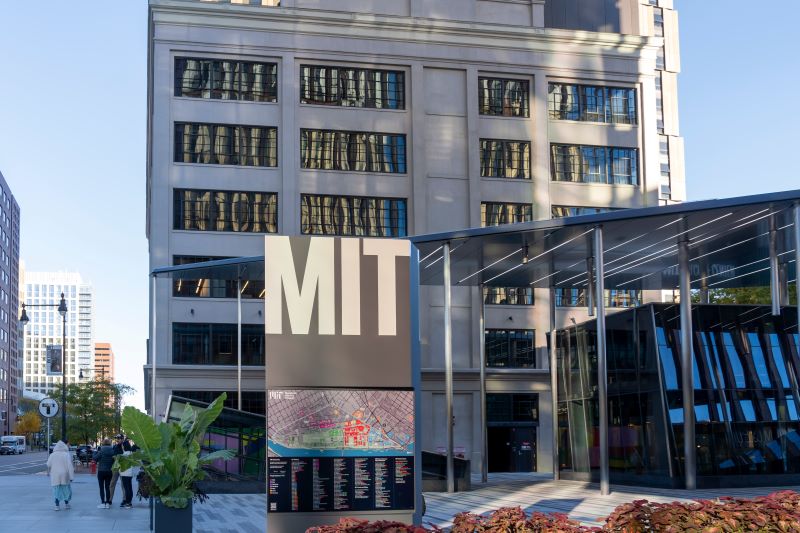
Strong Innovation Economy
Boston consistently ranks among the top U.S. cities for innovation due to its concentration of research institutions, high-tech companies, and access to capital. The city benefits from close proximity to globally recognized universities such as MIT and Harvard, which serve as research powerhouses and incubators for new technologies. These institutions regularly produce intellectual property that leads to commercial applications, licensing deals, and startup creation.
Massachusetts also receives venture capital funding with the majority directed toward companies in the Greater Boston area. This capital supports early-stage startups in sectors such as biotechnology, artificial intelligence, robotics, and clean energy.
Boston’s innovation ecosystem is further supported by incubators, accelerators, and government-backed programs like MassChallenge and the Massachusetts Life Sciences Center, which offer grants, lab space, and mentorship to new ventures. These resources enable rapid business development, attract global talent, and generate high-value jobs.
The strength of Boston’s innovation economy drives sustained growth, fuels economic diversification, and reinforces the city’s long-term wealth and competitiveness.

Wealth Concentration and Millionaire Growth
Boston ranks among the top U.S. metropolitan areas for millionaire households, reflecting its strong economy, high-paying industries, and long-term wealth retention. According to the Boston Business Journal, as of 2024, there are approximately 42,900 millionaire households in the Boston area—a 55% increase from 2013. This rate of growth exceeds that of many other major U.S. cities and highlights Boston’s exceptional environment for capital accumulation.
The city’s wealth concentration is fueled by multiple high-income sectors, including finance, healthcare, biotechnology, and technology. Executives, entrepreneurs, and investors residing in Boston consistently reinvest in local assets, including real estate, startups, and philanthropic institutions. This continuous reinvestment drives regional economic expansion and enhances city services through increased tax contributions.
High-net-worth individuals also play a key role in stabilizing and advancing property markets by purchasing luxury residences and investing in commercial developments. Their spending supports a wide range of industries from retail to private education. The growing number of millionaire households contributes directly to Boston’s economic resilience and helps solidify its national reputation as one of the most affluent cities in the United States.
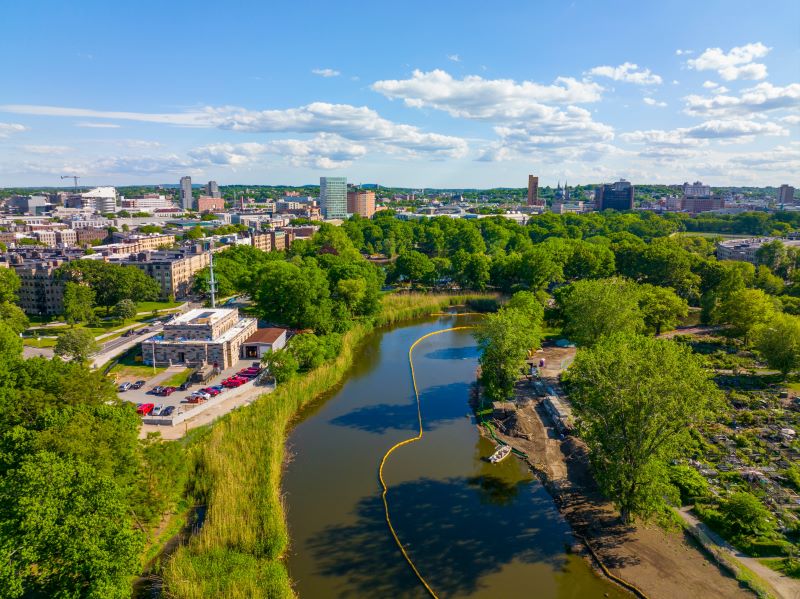
Quality of Life and Urban Amenities
Boston offers a high quality of life that consistently attracts affluent professionals, families, and skilled workers from across the country and around the world. Key factors contributing to this include access to excellent public schools, with several consistently ranking among the top in Massachusetts, as well as close proximity to leading private schools and universities. The healthcare system is anchored by nationally ranked hospitals, including Massachusetts General Hospital and Brigham and Women’s Hospital, providing residents with world-class medical care.
The city also offers well-maintained public parks and green spaces, such as the Boston Common, Public Garden, and the Emerald Necklace, which enhance recreational opportunities and neighborhood appeal. Strong public safety infrastructure, including low crime rates in many neighborhoods, further supports residential stability.
Boston’s easily navigable layout, reliable public transit system, and cultural institutions—such as museums, theaters, and concert halls—add to its livability. These amenities not only improve the day-to-day experience for residents but also play a strategic role in attracting and retaining top talent, which directly supports Boston’s sustained economic strength and affluence.

Educational Institutions as Economic Anchors
Boston’s educational institutions function as major economic engines in addition to producing a highly skilled workforce. Universities such as Harvard, MIT, Boston University, and Northeastern directly contribute billions of dollars to the local economy each year through employment, research, construction, and procurement. These institutions are among the largest employers in the region, supporting tens of thousands of jobs across academic, administrative, and support services.
University spending on capital projects—such as new laboratories, classrooms, and student housing—stimulates the local construction industry and related sectors. Procurement of goods and services for day-to-day operations supports a wide range of local vendors. Beyond direct economic impact, universities also drive long-term growth through their research enterprises.
University-affiliated research centers and innovation labs lead to commercial spin-offs, new startups, and partnerships with private industry. Examples include MIT’s Kendall Square ecosystem and Harvard’s Allston expansion, both of which have attracted substantial investment. These research and innovation clusters generate high-value jobs, promote real estate development, and reinforce Boston’s position as a global leader in knowledge-based industries, significantly contributing to its affluence.
Conclusion
In conclusion, Boston’s affluence results from a convergence of factors including education, healthcare, finance, real estate, strategic location, government initiatives, historical significance, innovation, and quality of life. Each element reinforces the others, creating a powerful cycle of prosperity. This multifaceted foundation ensures Boston remains one of America’s most economically successful and affluent cities, positioned strongly for continued growth and stability.
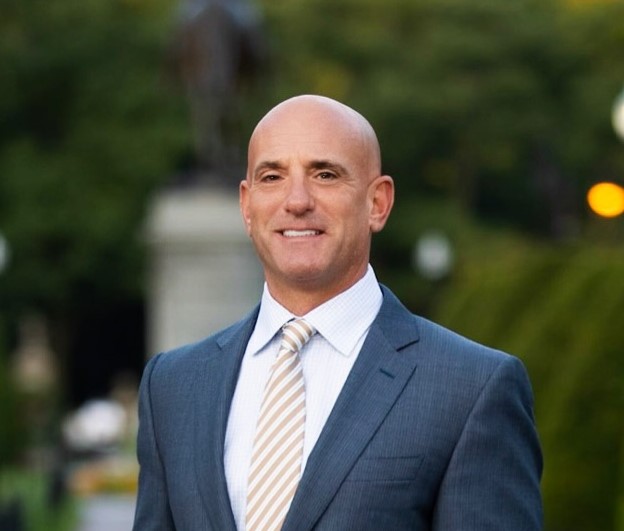
Demetrios Salpoglou
Published April 21, 2025
Demetrios has pulled together the largest apartment leasing team in the Greater Boston Area and is responsible for procuring more apartment rentals than anyone in New England – with over 130k people finding their housing through his services. Demetrios is an avid real estate developer, peak performance trainer, educator, guest lecturer and motivational speaker.


